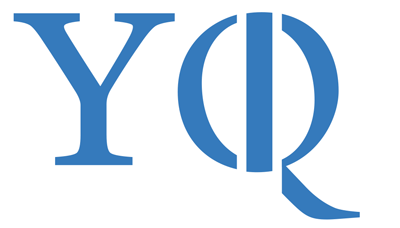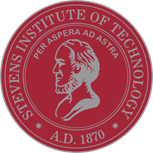QUICHE
Highlights

Invited talk at Yale YQI
Exploiting non-markovianity in quantum circuits
Brennan Bell (Know-Center GmbH & TU Graz, Austria)

Collaboration
Collaboration on theoretical perspectives on quantum side-channel analysis in a device-independent framework based on open quantum systems
In the pursuit of a theoretical characterization of quantum side-channels, we have begun work on a manuscript delineating our position on classical and quantum attacks on the classical and quantum parts of quantum computing, with several general frameworks of examples for how such vulnerabilities could be manifested into attacks. The collaborator is an expert in non-Markovian dynamics in quantum systems, and this is an important first step in our pursuit of a general mathematical characterization using quantum master equations. Our key contribution so far is in describing the generalized threat models, as may already be evident to a keen reader who has read both our original proposal and the problem space of this report.

Invited talk at APS Summit
Time in Quantum Mechanics and Thermodynamics
Paul Erker (TU Vienna, Austria)
“Computation is an input-output process, where a program encoding a problem to be solved is inserted into a machine that outputs a solution. Whilst a formalism for quantum Turing machines which lifts this input-output feature into the quantum domain has been developed, this is not how quantum computation is physically conceived. Usually, such a quantum computation is enacted by the manipulation of macroscopic control interactions according to a program executed by a classical system. To understand the fundamental limits of computation, especially in relation to the resources required, it is pivotal to work with a fully self-contained description of a quantum computation where computational and thermodynamic resources are not be obscured by the classical control. To this end, we answer the question; “Can we build a physical model for quantum computation that is fully autonomous?”, i.e., where the program to be executed as well as the control are both quantum. We do so by developing a framework that we dub the autonomous Quantum Processing Unit (aQPU). This machine, consisting of a timekeeping mechanism, instruction register and computational system allows an agent to input their problem and receive the solution as an output, autonomously. Using the theory of open quantum systems and results from the field of quantum clocks we are able to use the aQPU as a formalism to investigate relationships between the thermodynamics, complexity, speed and fidelity of a desired quantum computation”